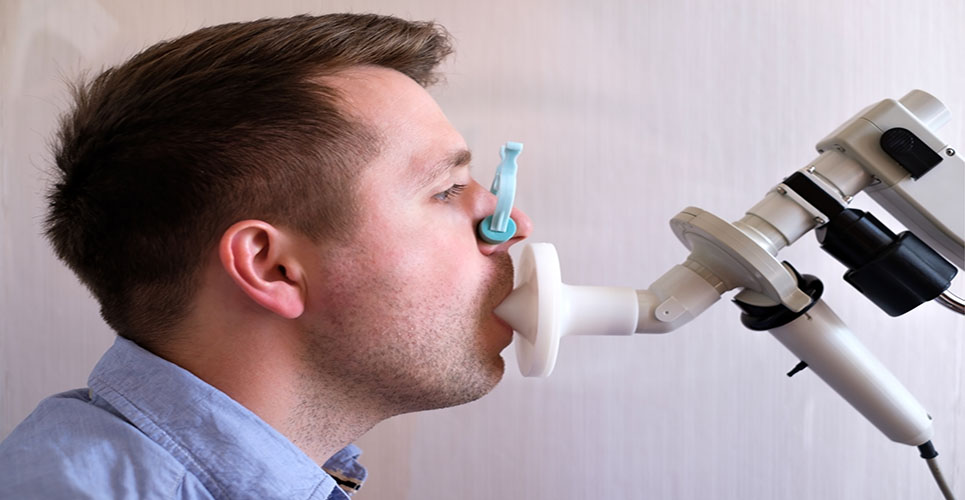teaser
Cortex Pharmaceuticals, Inc. (OTCBB (CORX)) announced top-line results from an exploratory study with its ampakine compound, CX1739 in sleep apnoea patients.
The study enrolled 20 relatively healthy adults with moderate-to-severe obstructive sleep apnoea, 16 of whom were administered a single oral dose of CX1739 and four of whom received matching placebo for one night.
The objective of the study was to explore safety and tolerability of CX1739 in the sleep apnoea population, as well as to assess putative efficacy of CX1739 on a range of sleep apnoea parameters assessed by overnight polysomnography.
The study demonstrated that selected oxygen saturation parameters were statistically improved by one dose of CX1739, but the interpretation of these results was complicated by a reduced sleep time during the night following drug treatment.
CX1739 did not reduce the mean apnoea/hypopnoea index (AHI; frequency of apnoea or hypopnoea events per hour of sleep).
However, in the AHI responder analysis, defined as a greater than 40% reduction in the AHI, three subjects (20%) in the CX1739 treatment group were responders, and there were no responders in the placebo group.
Furthermore, CX1739 significantly (p<0.05) reduced the apnoea/hypopnoea time (AHT; cumulative time of all apnoeas and hypopnoeas over the night) between the baseline and the treatment night by an average of 21 min, compared with an increase of 12 min in the placebo group.
Sleep efficiency, the percent of time asleep while in bed for the eight hour session, was significantly (p<0.001) reduced by about 20% after administration of CX1739, although the level of daytime sleepiness, determined by the Clinical Global Impressions Daytime Vigilance test given the morning following treatment, was unaffected by CX1739.
CX1739 was safe but the dose appeared to be near the limits of tolerability when administered just before bedtime to this moderately overweight (mean BMI > 31), middle-aged (~50yrs) group of sleep apnoea subjects.
The Principal Investigator of the study, Adrian J. Williams, FRCP, Dip AASM, Professor of Sleep Medicine at King’s College, London commented, “The results from this pilot study are encouraging, and warrant undertaking a larger clinical study to better understand the sleep apnoea patient population most responsive to the treatment of CX1739.”
